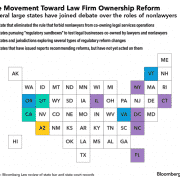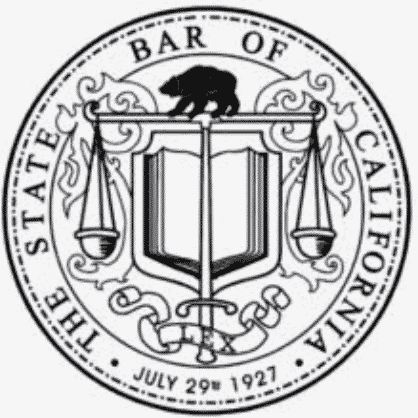CA State Bar Innovation Task Force Takes a Pause
As we have previously reported (see posts here and here), a task force assembled by the State Bar of California has encountered significant pushback from the legal community. The Task Force on Access Through Innovation of Legal Services (ATILS) was created to address issues of access to justice in the state. Charged with “identifying possible regulatory changes to enhance the delivery” of legal services, the group offered sixteen recommendations last summer, which, most notably, included proposals for non-lawyers to share in ownership and fees.
The outcry suggested that such changes would put consumers at risk, with some referencing the state’s recent issues with “notarios.” These unlicensed immigration consultants were banned by the state assembly after allegedly “tak[ing] advantage of vulnerable populations,” and many argue the existing regulations around who is eligible to provide legal services protect clients from unethical practices. Other state bar associations have also expressed their opposition to allowing non-lawyers to invest in firms and share law firm profits.
On Thursday, March 12, the bar tabled recommendations from the task force, describing the move as “an attempt to make sure we have the best information in front of the board at the right time.” The regulatory body credited “political headwinds” for its decision to delay approving any recommendations. Among the next steps held off by trustees was the launching of a group to study a regulatory sandbox much like the one established in Utah. Such a pilot program would test recommendations on a small scale to predict the impact of each proposed shift.
Members of the task force expressed disappointment as the foundational issue remains unaddressed. Nearly 4,000 Californians were surveyed in the California Justice Gap Study which ATILS used as the basis for its recommendations. The data expressed that people in the state “regardless of income” were often “navigating critical civil legal issues without legal representation or meaningful legal assistance.” With Californians receiving “inadequate legal help” if any for eighty-five percent of legal issues, the survey concluded, “Failure to access legal services is a result of both a service gap (supply) and a knowledge gap (demand).”
These findings led the task force to its viewpoint that “something more than modest tweaks to the existing regulatory environment is needed,” and the group set out to evaluate such regulations as those concerning fee splitting from the get-go. ATILS endorsed “the twin goals of public protection and enhanced access to legal services,” but many of the 3,000 public comments received in reply questioned the ability of the task force’s recommendations to meet those aims. The opposition proved enough to postpone the bar’s efforts, at least for the next few months.








Leave a Reply
Want to join the discussion?Feel free to contribute!